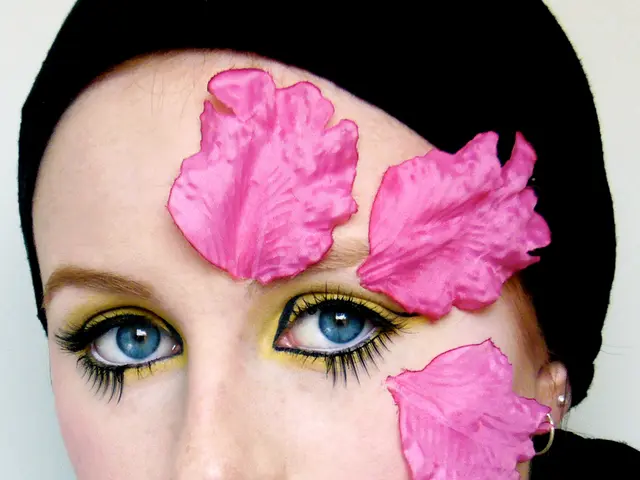Parabens: An Analysis of Paraben-Free Claims and the Alternative Natural Options
What's the Lowdown on Parabens? Here's the skinny on a hot topic that's been stirring up conversations from the clean beauty realm to the mainstream cosmetics industry - parabens.
In essence, parabens are a group of chemical compounds used as preservatives, prime for preventing the growth of bacteria and mold, thus keeping your beauty products fresh. Common players in this group include methylparaben, propylparaben, butylparaben, and ethylparaben often working as part of a larger list of preservatives.
Historically used in a multitude of cosmetics since early in the 20th century, parabens have also made their way into food and pharmaceuticals. But things took a turn in the new millennium when research suggested parabens exhibit estrogenic activity and carcinogenic potential. This sparked a surge of 'paraben-free' labels, a trend that's only grown over the years, according to Mintel research.
The US Food and Drug Administration (FDA) hasn't set specific rules for parabens, while the European Union has banned some parabens through Commission Regulation (EU) No 358/2014. The jury's still out on parabens' impact on human health, but the cosmetics industry is responding to consumer demands for safer options.
Bye-bye parabens? Not necessarily! The search for natural alternatives to preservatives is heating up. Companies like Provital are developing plant-based ingredients, such as Pentylene Glycol, Levulinic Acid, and Glyceryl Caprylate, boasting anti-bacterial and anti-fungal properties. These natural preservatives aim to replace traditional parabens, creating long-lasting formulations free from synthetic preservatives that mirror the preferences of consumers seeking natural alternatives to 'paraben-free.'
Want a peek at some green alternatives to parabens? Check out Provital's natural ingredient catalog and their section on "Ingredients without preservatives." Embrace your squeaky clean conscience!
Insight: The global paraben market is currently valued at USD 2.49 billion and is projected to reach USD 3.30 billion by 2030, suggesting continued reliance on parabens across various sectors such as cosmetics, pharmaceuticals, and food products. However, critics and scientists voice concerns about parabens disrupting hormonal balance, leading to potential health issues such as skin irritation, allergies, and carcinogenic risks. As consumers grow increasingly conscious, the market for natural preservatives is set to expand at an 8.6% compound annual growth rate from 2025 to 2034. Common natural preservatives include plant extracts, natural acids, and certain lipids and alcohols, which are perceived as safer and more ecofriendly alternatives to synthetic preservatives.
- The cosmetics industry is responding to consumer demands for safer options, by seeking natural alternatives to parabens, such as Pentylene Glycol, Levulinic Acid, and Glyceryl Caprylate, which are touted for their anti-bacterial and anti-fungal properties.
- As concerns about parabens disrupting hormonal balance persist, leading to potential health issues like skin irritation, allergies, and carcinogenic risks, the market for natural preservatives is expected to expand at an 8.6% compound annual growth rate from 2025 to 2034.
- In addition to the cosmetics industry, natural preservatives are also gaining popularity in the health-and-wellness sector, as more consumers are turning towards natural supplements and nutritional options to maintain a holistic lifestyle.
- The fashion-and-beauty sector, in line with this trend, is also seeing a shift towards clean beauty and natural cosmetics, as consumers become more conscious of the environmental impact of their choices and prioritize sustainability and health in their lifestyle.







